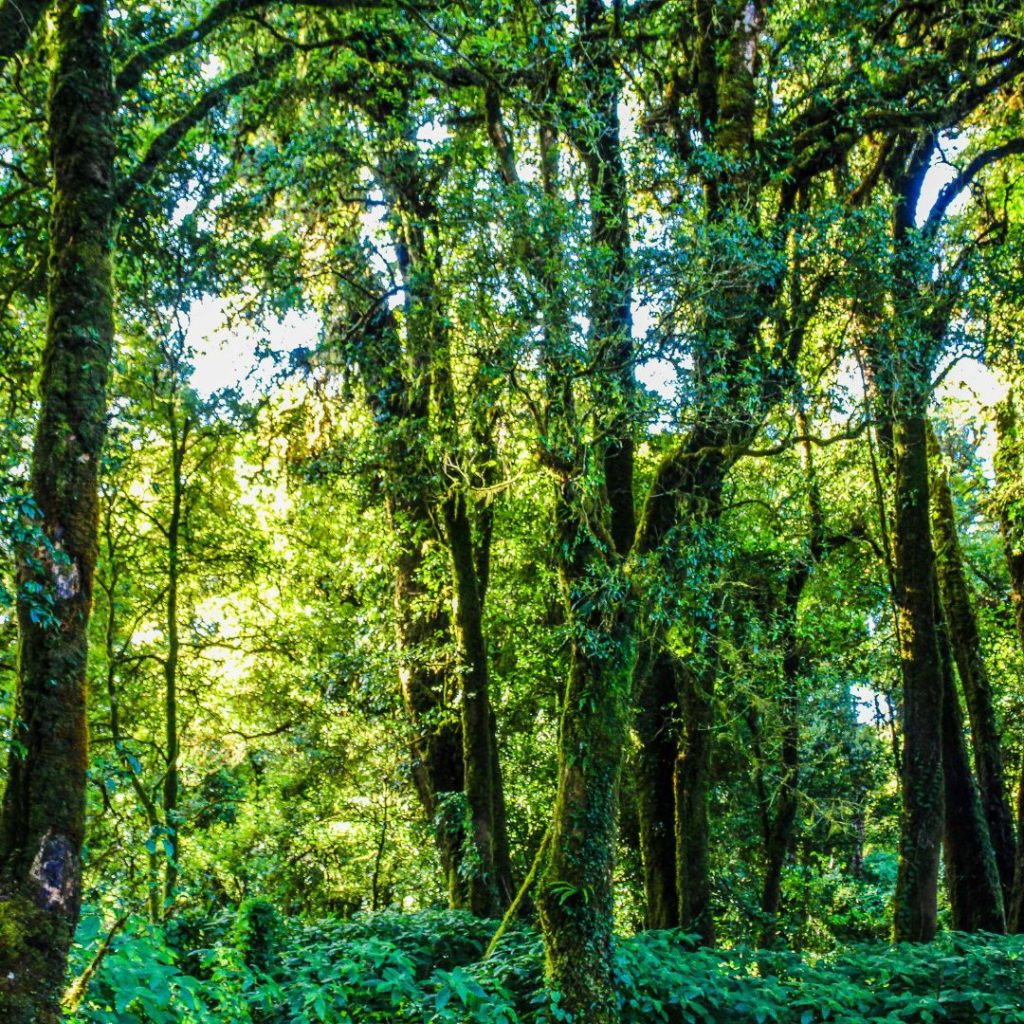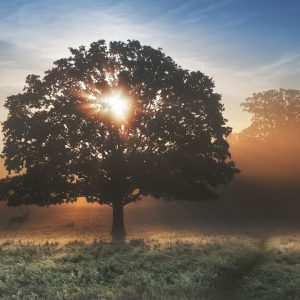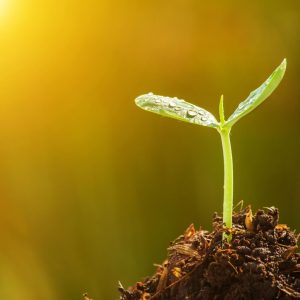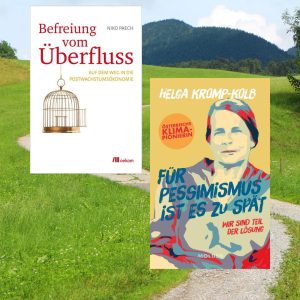Austrian Consumer Dialogues: How are forests faring in the face of climate change?

How is climate change changing the forest? Who owns the forest, who lives in it and who is allowed to use it? Are heating and building with wood sustainable? How transparent are global supply chains and how environmentally friendly is timber extraction? And how will the way we deal with forests and wood (have to) change in the coming years? These are just some of the questions addressed by the "Austrian Consumer Dialogues: Forest & Wood".
When?
The 4th Austrian Consumer Dialogues were officially opened by Climate Protection Minister Leonore Gewessler and Provincial Councillor Simone Schmiedtbauer the day before yesterday, March 11, with a ceremony in Leoben Town Hall, a tree planting campaign and a factory visit to Mayr Melnhof Holz. The "Consumer Dialogues" are dedicated to the topics of forests and wood, with a focus on the interactions between forests, biodiversity and climate change. Over 50 free activities are on offer until the end of April.
The program items range from wood workshops for kindergartens and forest walks for elementary school to company tours and the Federal Forests' "Spähikel", which will be set up in Graz City Park. In this way, the "Consumer Dialogues: Forest & Wood" can cover as broad a range as possible, including topics such as paper, textiles and hunting. The HBLA for Forestry in Bruck an der Mur, where the COMÚN Foundation is also showing its "Forest Material" exhibition, is organizing many interactive offers.
We would particularly like to recommend to our readers the lectures on April 23 at the HBLA Bruck an der Mur on the topic of "Using the forest, protecting the climate" with lectures by Pierre Ibisch & Hubert Hasenauer.
Click here for the entire program
Waldland Styria
"As the number one forest state, Styria is the logical venue for the consumer dialogs. We are proud of our sustainable forest management and would like to focus even more on wood, the renewable raw material of the future, in the future. In doing so, we are not only promoting sustainable development, but also creating added value in the regions. 40,000 foresters are active in our Styrian forests and provide the basis for an economic output along the wood value chain of around 12 billion euros in Styria alone. The Consumer Dialogues offer an exciting and varied program on all facets of wood as a valuable material," says Styrian Agriculture Minister Simone Schmiedtbauer.
The forest concerns us all
"The forest concerns us all and, especially in times of climate change and species extinction, we all need to talk together about what will and must change in the way we deal with this huge ecosystem. On the one hand, the "Consumer Dialogues" are intended to impart basic knowledge about the forest and wood as a raw material, starting in kindergartens. At the same time, social awareness of our individual and collective options for action should also be raised. Wood has enormous potential, but its use must take place under clear conditions. I am very pleased that we now have the opportunity to discuss the opportunities and challenges on a broad basis in Styria as part of the "consumption dialogs". With this in mind, I would like to thank all contributors, supporters and partners, above all Provincial Councillor Simone Schmiedtbauer," says Sebastian Bohrn Mena, organizer and CEO of the COMÚN Foundation.
Program: Starting signal in Leoben
The activities of the "Austrian Consumer Dialogues: Forest & Wood" kicked off in the city of Leoben. In cooperation with the model region KLAR! Murraum Leoben model region, a varied program was designed for the region, which began with the official kick-off event on 11 March 2024 with the personal participation of Federal Minister Leonore Gewessler. This was followed by forest walks and company visits, including in cooperation with the Styrian Forest Association.
For example, schoolchildren can personally experience the changes in the forest as part of a guided forest walk, accompanied by a team of sniffer dogs. With their own "sniffing method", the specially trained dogs are able to detect bark beetles in trees, thus sensitizing the children to changes in the course of climate change in a playful way. The ultra-modern and in many respects exemplary cross-laminated timber plant of Mayr-Melnhof Holz can also be visited as part of the "Consumer Dialogs".
Graz: Forest & trees in the city
It will then continue in Graz in mid-April, where the focus will be on trees in the city and the urban climate. There will be a public discussion on the topic of timber construction in Graz City Hall on the evening of April 15, 2024. The Deputy Mayor of Graz, Judith Schwentner, will be taking part and expert Erwin Thoma will be providing technical input. A few days later, there will also be a major discussion on the topic of paper in a European context at a high school in Graz, focusing on the pupils and their specific questions.
During the focus week in Graz from April 16 to 19, visitors can also visit the Austrian Federal Forests' "Spähikel" in the city park. This is a high-tech observation van equipped with the latest equipment, which allows visitors to explore nature with different senses. School classes are guided on the mornings, while in the afternoons it is open to all interested parties. A joint tree-planting campaign and other activities also take place in Graz and are aimed at different target groups.
The centerpiece: Activities in Bruck an der Mur
The activities in and with the HBLA for Forestry in Bruck an der Mur will then form the crowning finale and centerpiece of the "Consumer Dialogues". From April 22 to 26, visitors can not only admire an exhibition on wood as a raw material for climate-friendly textiles, but also take part in discussions at three public events - including on forestry and hunting and the credibility of wood quality labels.
On April 23rd, Federal Minister Norbert Totschnig and on April 24th, Provincial Councillor Simone Schmiedtbauer will also be holding personal discussions with pupils. In addition, there will be dozens of workshops throughout the week on biodiversity in the forest and the use of wood, aimed at children and young people from kindergarten to senior school.
The entire program is available at www.konsumdialoge.at/waldundholz.






